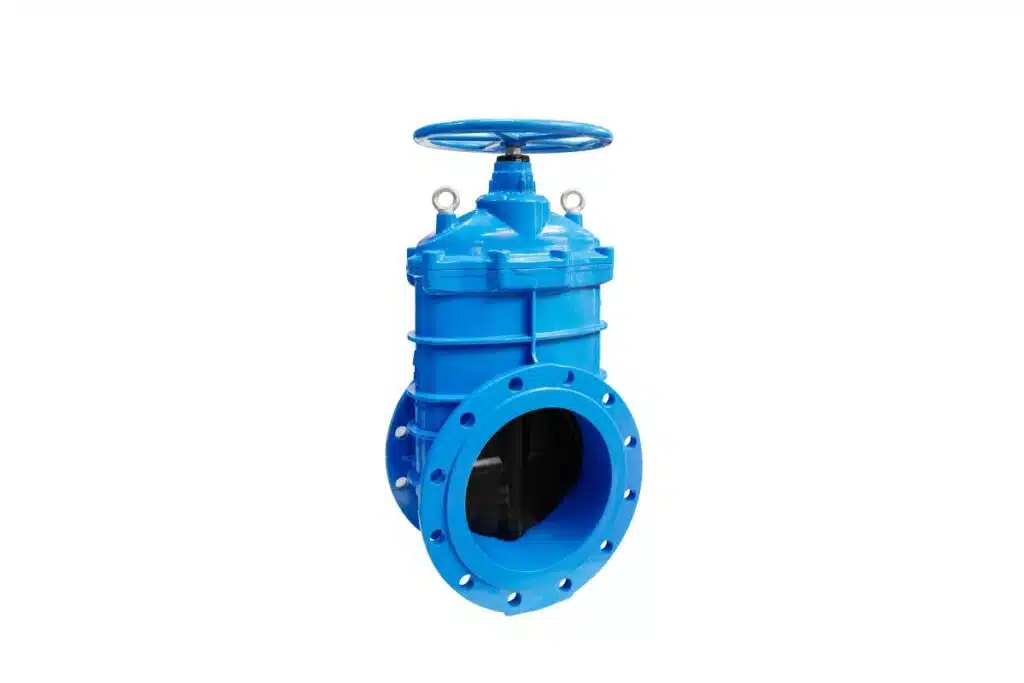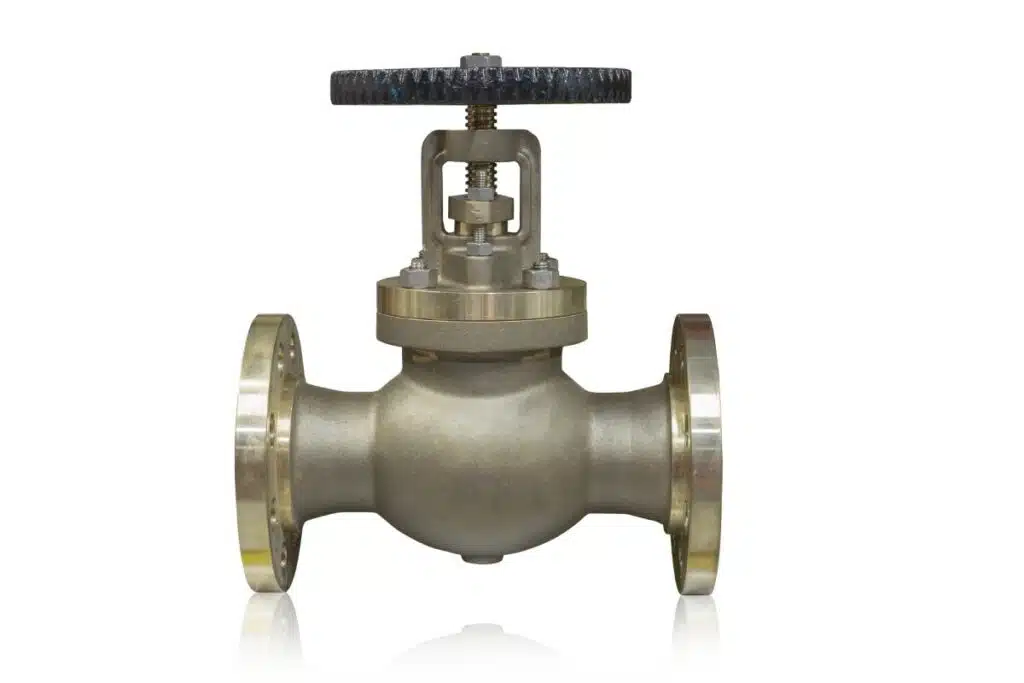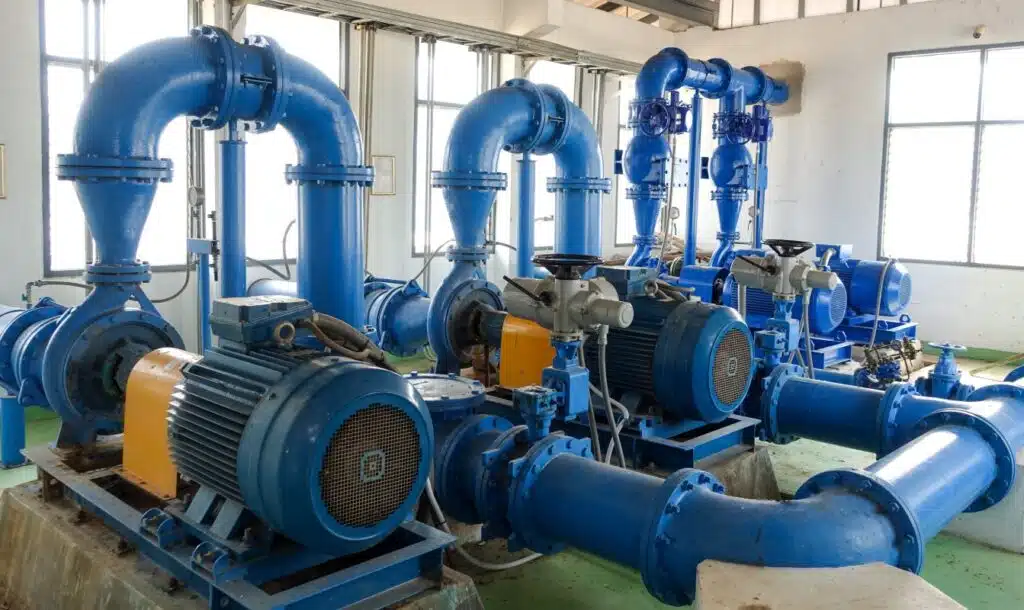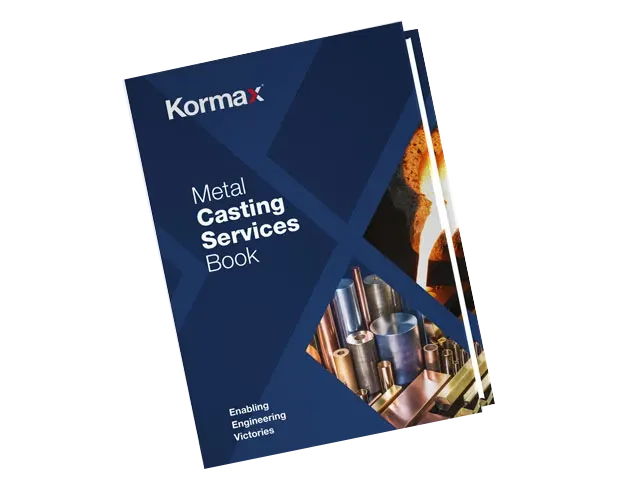Selecting the most appropriate casting grade for valve components requires careful consideration of several factors. In this blog we will discuss some key steps to help in the selection process:
- Understand Application Requirements:
Begin by thoroughly understanding the specific requirements of the valve component’s application. Consider factors such as the type of fluid or gas being handled, temperature range, pressure levels, flow rates, and any corrosive or abrasive characteristics of the media. These requirements will guide the selection of casting materials with suitable properties. - Evaluate Material Properties:
Different casting materials offer varying properties, such as corrosion resistance, mechanical strength, wear resistance, and thermal stability. Evaluate the material properties needed for the valve component to perform effectively in the intended application. Common casting materials for valve components include stainless steel, bronze, cast iron, and exotic alloys like nickel-based or titanium-based materials. - Consider Industry Standards and Regulations:
Check if there are any industry-specific standards or regulations that dictate the choice of casting materials for valve components. Certain industries, such as oil and gas or chemical processing, may have specific material requirements due to safety, compliance, or environmental considerations. Ensure compliance with these standards to ensure the valve component’s suitability and reliability. - Consult with Material Experts:
Seek advice from material experts, including casting suppliers or metallurgists, who possess in-depth knowledge of casting materials and their performance in valve applications. They can provide valuable insights into material selection based on their experience and expertise.

Cast Iron Valve

Bronze Valve
- Conduct Material Testing and Evaluation:
Consider performing material testing and evaluation to validate the suitability of the casting grade for the specific valve component. This may involve conducting mechanical tests, corrosion tests, or exposure tests to simulate the expected operating conditions. Such testing can help assess the material’s performance, durability, and compatibility with the application. - Cost Considerations:
Evaluate the cost implications associated with different casting materials. While it is essential to prioritize the performance and reliability of the valve component, cost considerations are also important. Assess the material’s availability, production costs, and long-term maintenance requirements to ensure cost-effectiveness without compromising quality and performance.
By following these steps and considering the application requirements, material properties, industry standards, expert advice, testing, and cost factors, you can make an informed decision in selecting the most appropriate casting grade for valve components. This will help ensure optimal performance, durability, and reliability in valve applications.
For advice on your valve project, contact Kormax’s expert team with over 75 years of experience in casting and metallurgy.


